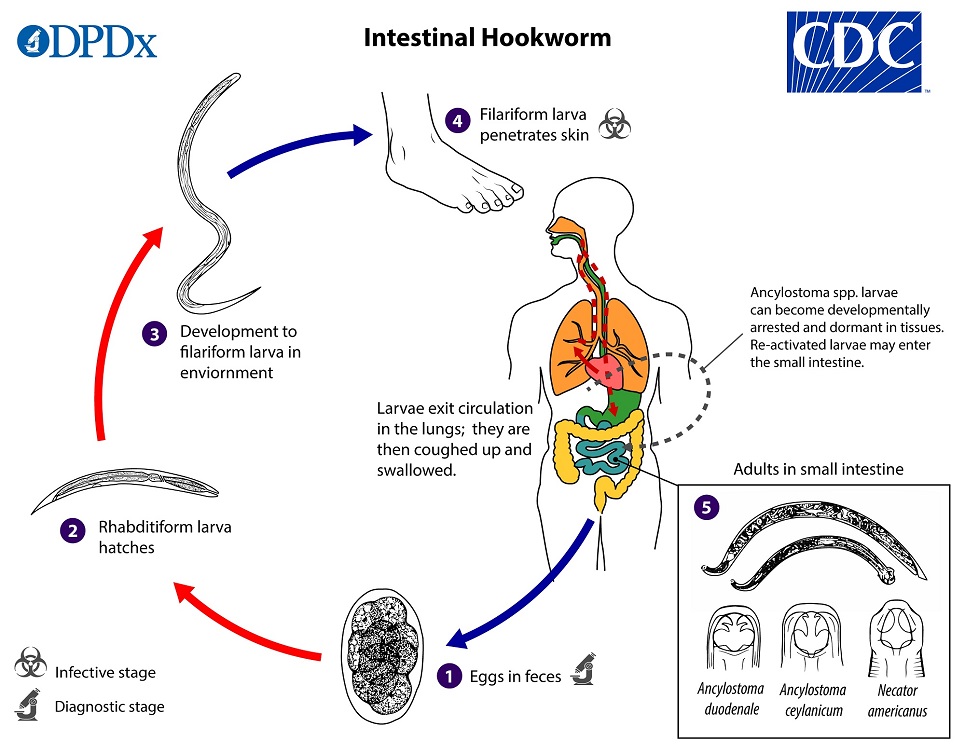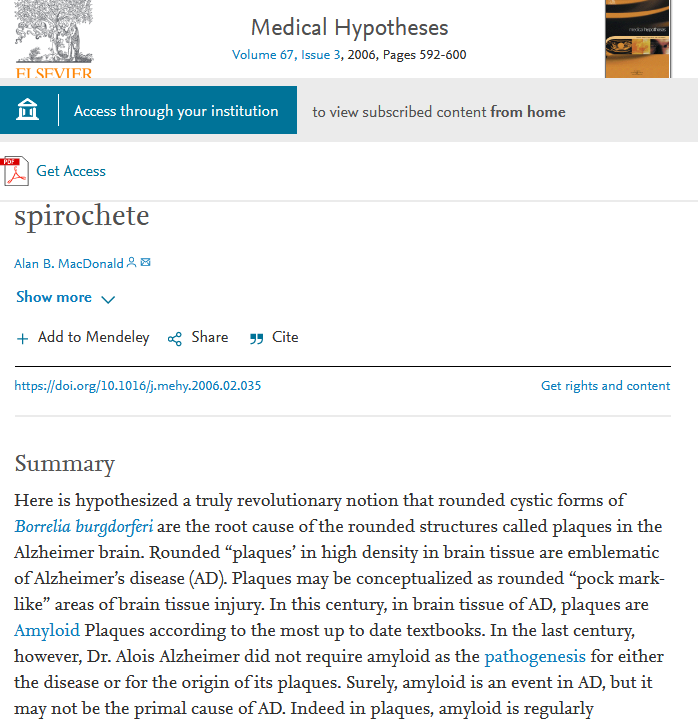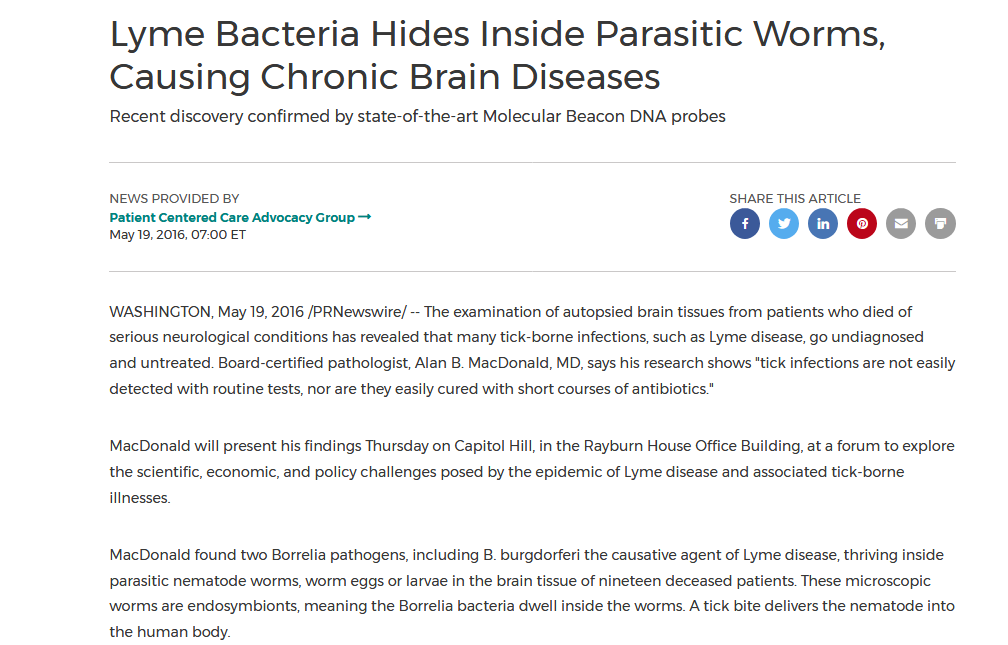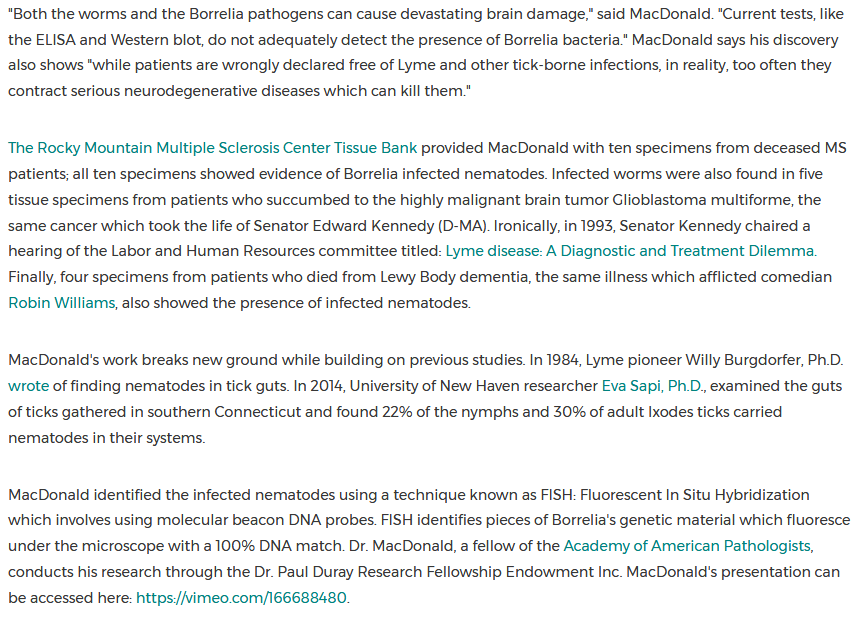Cat Parasite Linked to Likelihood of Alzheimer’s Disease
In the Journal of Parasitology in November 2016 published study findings about a little-known parasite called Toxoplasma gondii.
It showed that this parasite can infect immune cells promoting neuroinflammation and potentially start cognitive impairments.
Cysts from the Tehran strain of T. gondii were injected into mice. It was found that T. gondii infections caused Alzheimer’s Disease like symptoms, impaired learning, and memory functions.
Study Findings
“The obtained results showed that chronic T. gondii infection communication among immune cells promotes neuroinflammation through cytokine networks and induces pathological progression of AD in the mice brain, whereas the presence of neuroanatomical Toxoplasma tissue cysts in the brain could also affect the behavioural functions in T. gondii infected mice”
Unborn children can be infected with Toxoplasma gondii through an infected mother, this can cause brain abnormalities.
It is reported that up to 40 million people in the US alone could be infected according to the CDC.
Cats are the main carrier of Toxoplasma gondii. This parasite alters a rat’s brain making it go against its natural instincts by trying to befriend cats, only to be eaten by them, in effect committing suicide.
T.gondii parasites make rats unafraid of cat urine. The parasite lives in the rat’s brain, once the cat eats it, the cycle starts all over again.
If Toxoplasma gondii infects a human brain, the infection can alter our state of mind affecting our personalities, increasing risk taking behaviours.
Symptoms include fever, swollen lymph nodes, especially in the neck, a headache, muscle aches and pains, sore throat.
Toxoplasmosis is especially serious for people who have weakened immune systems.
Brain inflammation, causing headaches, seizures, confusion and coma, lung infection, causing cough, fever, and shortness of breath, an eye infection, causing blurry vision and eye pain.
(14) (15)(16)










